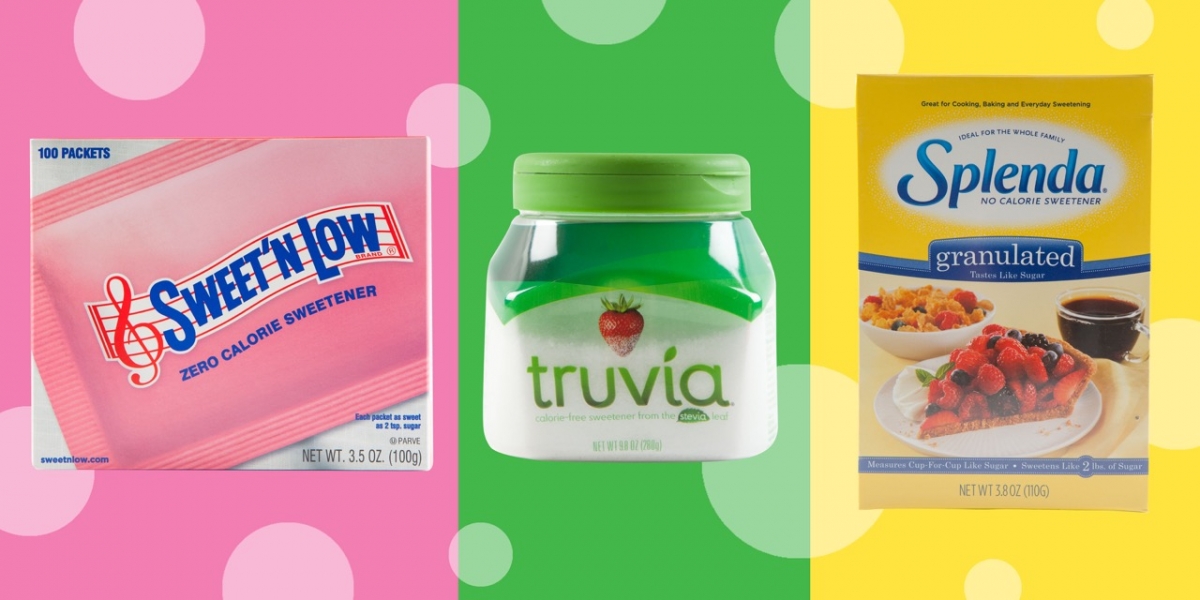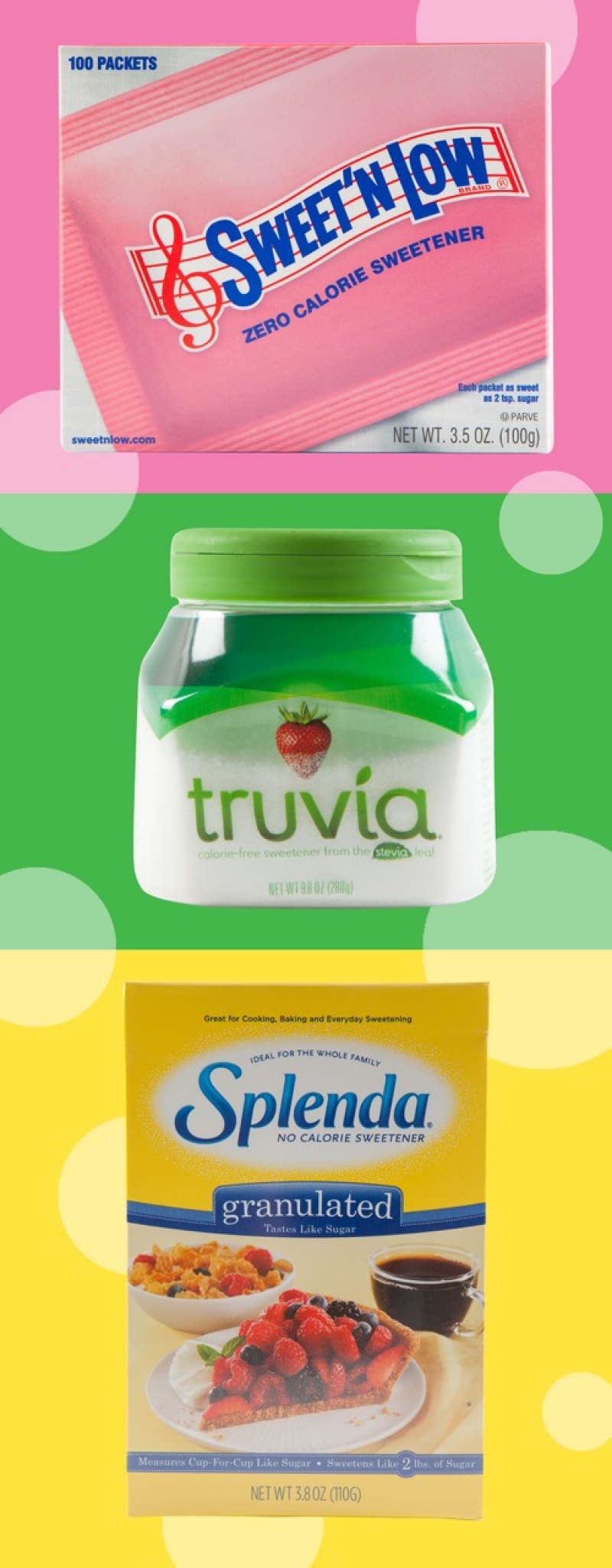Daily Dish the Fork Lift blog

How Sweet It Is
Health Notes from Dr. Liz
Please note that this is an older article. Any products or services pictured or described may have changed or may no longer be available. Thank you for visiting!
In an effort to cut back on added sugar in soft drinks and other treats, people often turn to non-nutritive sweeteners, a.k.a. “artificial” sweeteners, to get their sweet fix. Intensely sweet, these compounds are anywhere from 200 to 600 times sweeter than regular table sugar, so just a speck can be used in beverages or baked goods for essentially zero calories.
In an effort to cut back on added sugar in soft drinks and other treats, people often turn to non-nutritive sweeteners, a.k.a. “artificial” sweeteners, to get their sweet fix. Intensely sweet, these compounds are anywhere from 200 to 600 times sweeter than regular table sugar, so just a speck can be used in beverages or baked goods for essentially zero calories.
Non-nutritive sweeteners such as saccharin have been in use for well over 50 years, and the Food and Drug Administration stands by the safety of these ingredients despite rumors that swirl around the internet that these compounds may have adverse effects. Scientific research supports that non-nutritive sweeteners do not have negative side effects, are safe for children and pregnant women, and when used to substitute for regular sugar can actually help people lose weight and maintain their weight loss. Additionally, since non-nutritive sweeteners do not result in a rise in blood sugar, studies also show substituting these for table sugar is helpful for diabetes control, along with exercise and other dietary changes.
Want to use these sweeteners in your own food prep? Here is a rundown on some of the most common options:
Stevia (e.g. Truvia): This sweetener is extracted from the stevia plant leaf and is about 200 times sweeter than table sugar. Since high heat breaks down the sweet flavor of stevia, this non-nutritive sweetener works best in beverages such as iced tea or in foods that you don’t cook.
Sucralose (e.g. Splenda): Unlike many non-nutritive sweeteners, sucralose is heat-stable so you can use in baking and other recipes that require high heat, including breads, cookies, puddings and more. For best results, use in recipes designed for Splenda specifically.
Aspartame (e.g. NutraSweet): Used in beverages, cereals and yogurt, aspartame is about 200 times sweeter than sugar. You can sprinkle into plain yogurt, fruit salad and other non-cooked dishes that need a touch of sweetness. One blue packet is equivalent in sweetness to one teaspoon of table sugar.
Find these and other sweet options in our baking aisle!

